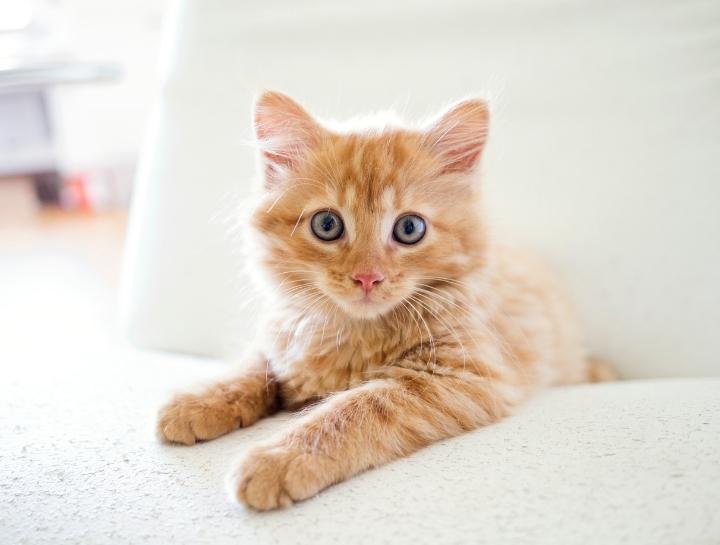What to Expect After Vaccinations - Kittens
Most kittens do very well after their vaccinations and show little to no sign that anything happened at all.
It is normal to see the following for a day or two after vaccines are given:
- Discomfort at the site of injection
- Lethargy or reluctance to play
- Mild fever
- Mild warmth or swelling at the site of injection
- Reduced appetite
If any of these symptoms persist for more than 72 hours, please let us know. While mild pain at the site of injection is normal, we don’t want your pet to be uncomfortable. If you feel that your kitten is in pain please let the office know. We are very happy to set up a safe and effective pain medication that you can give at home, and we can refill this with each vaccine visit.
More severe reactions are rare but do occur. More severe reactions that are not normal include:
- Facial swelling
- Difficulty breathing
- Hives
- Vomiting
- Diarrhea
- Collapse
These symptoms may be signs of a severe allergic reaction such as anaphylaxis and should be taken seriously. They typically occur within a few hours of the vaccine being given. If you see any of these symptoms in your kitten after vaccinations are given you need to call right away and bring him/her in to be seen. If our office is closed, you need to take your kitten to be evaluated at an emergency center. Our doctor on call can help you determine if this is necessary if you are unsure what to do.
Depending on the severity and type of symptoms seen, kittens that exhibit these more severe vaccine reactions will need to have certain precautions taken before getting further vaccinations. These precautions might include: Spacing out and separating vaccines, giving Benadryl or other medications before vaccinations, or monitoring your kitten in the hospital for some time after vaccines are given.
Lumps can sometimes be felt after a vaccine is given. This is not an allergic reaction to the vaccine but rather a normal part of the inflammatory response to a vaccine, and they typically resolve without any intervention. However, if a lump remains for longer than 3 months after the vaccine was administered, or is growing in size rather than shrinking, it needs to be examined by a veterinarian and removed. Some cats can develop a localized tumor at the site of injection called a vaccine-associated sarcoma. These are very rare but are aggressive and all lumps arising at a site where a vaccine was given should be taken seriously and monitored closely.
Once a pet has experienced a vaccine reaction it is very important to make sure your veterinary team is aware of this history - especially if you move or change veterinarians for some other reason.

